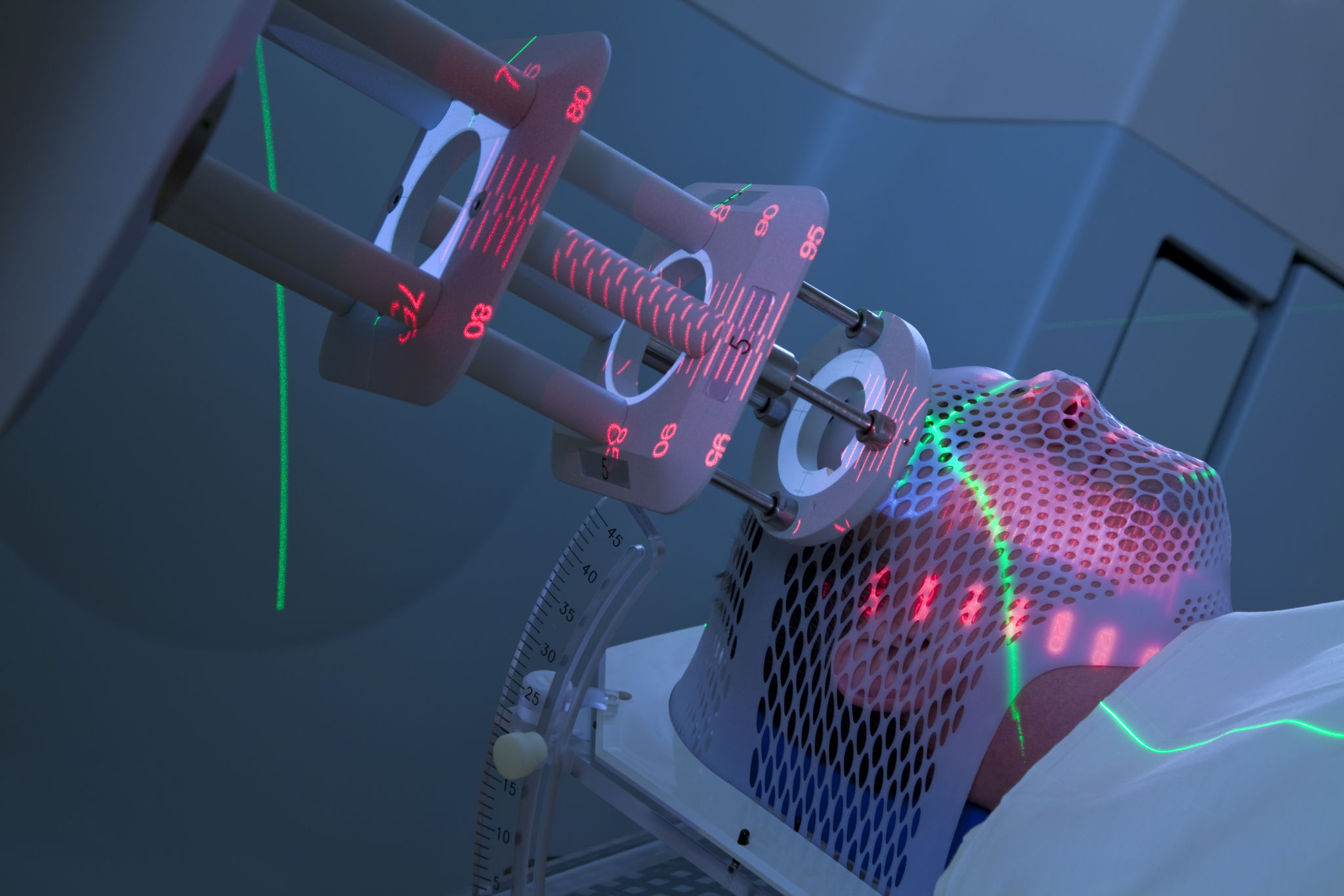Myths and Facts About Artificial Intelligence Tools
Understanding the Basics
Artificial Intelligence (AI) tools are becoming increasingly prevalent in various industries, offering innovative solutions to complex problems. However, with their rise, several myths have emerged that often cloud people's understanding of what these tools can and cannot do. In this post, we'll explore some common myths and provide factual insights to help clarify the capabilities of AI tools.

Myth: AI Tools Can Think Like Humans
One of the most widespread myths is that AI tools can think just like humans. While AI can process information and make decisions based on data, it does not possess the ability to think, feel, or understand like a human brain. AI operates on algorithms and programmed instructions, meaning its "thoughts" are predetermined by its programming.
For example, AI can analyze large data sets much faster than a human and provide insights, but it lacks the consciousness and emotions that drive human thought processes. This distinction is crucial in understanding the limitations of AI tools in decision-making scenarios that require empathy and ethical considerations.
Fact: AI Can Automate Repetitive Tasks
One undeniable fact about AI tools is their ability to automate repetitive and mundane tasks. This automation capability is particularly beneficial in industries such as manufacturing, customer service, and data analysis. By handling routine tasks, AI frees up human workers to focus on more strategic and creative aspects of their jobs.

Myth: AI Will Replace All Human Jobs
The fear that AI will lead to massive job losses is another common myth. Although AI is transforming the workforce, it is not replacing all human jobs. Instead, AI is reshaping job roles by taking over repetitive tasks and creating new opportunities for human workers to engage in more complex and rewarding work.
Many experts believe that AI will create more jobs than it eliminates by fostering innovation and generating new industries. For instance, the development of AI has led to increased demand for skilled professionals in AI programming, machine learning engineering, and data science.
Fact: AI Tools Improve Accuracy and Efficiency
AI tools are renowned for their ability to enhance accuracy and efficiency in various processes. By leveraging machine learning algorithms, AI can identify patterns and anomalies with greater precision than humans. This capability is invaluable in sectors such as healthcare, finance, and cybersecurity, where accuracy is paramount.

Myth: AI Tools Are Infallible
Another myth is that AI tools are infallible and free from errors. In reality, AI systems can make mistakes just like humans. These errors often stem from biases present in the training data or limitations in the algorithms themselves. It is essential for developers to continuously refine AI systems and address any biases to ensure reliable outcomes.
Fact: Ethical Considerations Are Crucial
The integration of AI tools into society brings with it numerous ethical considerations. Issues such as privacy, surveillance, and bias must be carefully managed to ensure that AI benefits everyone equally. Organizations must prioritize ethical guidelines in the development and deployment of AI technologies.
As AI continues to evolve, understanding these myths and facts helps demystify the technology and highlights its true potential. By separating fact from fiction, we can better harness the power of AI tools to drive innovation and improve our lives.